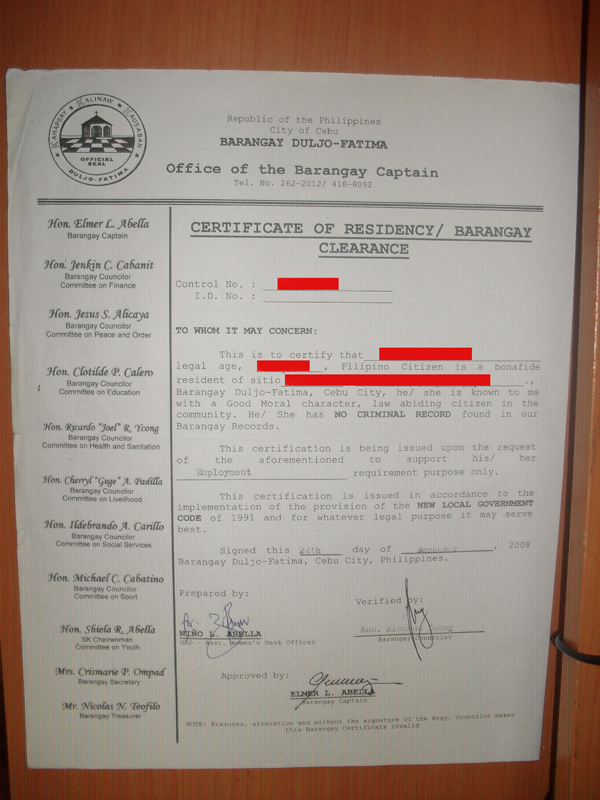Table of Content
The ability to obtain another loan for a separate use is limited. Thomas J Catalano is a CFP and Registered Investment Adviser with the state of South Carolina, where he launched his own financial advisory firm in 2018. Thomas' experience gives him expertise in a variety of areas including investments, retirement, insurance, and financial planning.

A guarantor loan works by someone else providing equity or security in their property to fund part, or the whole, deposit. Yes, they are able to go guarantors as it’s the equity in their home that matters, not their incomes. A couple of lenders have restrictions on this but we still have plenty that would be able to assist you. Unfortunately not but if you have to hold them for 3 days then you don’t need legal advice. If unsure, check with your existing lender about exact requirements. Whilst your parents can guarantee you up to the full purchase price, the majority of lenders will require you to be able to prove that you have saved 5% of the purchase price.
Home Loan Guarantor: Factors to Consider
The guarantor must be a U.S. citizen or permanent resident with a strong credit score. This provides peace of mind for lenders who worry about losing their funds. An event of default is a predefined circumstance that allows a lender to demand full repayment of an outstanding balance before it is due. In the event of a default, the guarantor’s credit history may be adversely affected, which may limit their own chances of securing loans in the future. A limited guarantor may also only be responsible for backing a certain percentage of the loan, referred to as a penal sum.
So, it is important that the borrower and guarantor carefully consider whether a guarantee arrangement would be suitable for them. The credit rating depends on the ‘regular repayment’ and no defaults. It does not mean that you have to repay all your loans to get a fresh loan. Guarantor mortgages are currently the only viable form of 100% mortgage lending. When you read about 100% mortgages, you are essentially reading about guarantor mortgages. We explain how they work and whether you can/should be looking into one.
What Is A Limited Guarantee?
Co-signer arrangements typically occur when the borrower’s qualifying income is less than the figure stipulated in the lender's requirement. This differs from guarantors, who step in only when borrowers have sufficient income but are thwarted by lousy credit histories. Co-signers share ownership of an asset, while guarantors have no claim to the asset purchased by the borrower. A guarantor is a financial term describing an individual who promises to pay a borrower's debt in the event that the borrower defaults on their loan obligation.

A guarantor is someone who helps to secure your home loan and potentially increase your borrowing power. However, lenders will only consider this if the total debt secured on the guarantor’s property is less than 80% of the value of their property. Of course, if the property is sold for $500,000, you won’t have to worry about anything.
How much of a deposit do you need with a guarantor?
Removing the guarantee is relatively easy and may sometimes only require you to sign a form. To be eligible for a guarantor loan, their property needs to be worth at least $312,500. A guarantor is the only loan type that allows you to borrow 100% of the property price even if you haven’t saved a deposit.
For instance, if the size of the loan is $500,000 and your limited guarantee is for only $150,000 then you’re only liable to cover up to $150,000, which is the agreed amount. The guarantor can choose to limit the size of the guarantee using a limited guarantee. This means that you’re only liable for up to an amount agreed upon by you and the lender.
Mortgage Loan Guarantor
In a complex lending environment where there is a lot of ambiguity and confusion in the marketplace, it's important to stay abreast of the latest developments in finance, property and commerce. Yes, the valuation is important and it is part of the application process. The majority of valuations purchased “on the market” do come in at the purchase price. And finally, Yes, unfortunately a farm is not able to be used as a guarantee property due to it’s commercial use. But if it’s for servicing i.e. you need his income to support your application, then unfortunately the answer is No. If your Dad is guarateeing you from just a property or secuirty position then No, he doesn’t necessarily need to be working.
To become a loan guarantor, you must fulfil the home loan eligibilityterms set by the lender. For instance, you must be financially stable and have a decent credit score. Your financial credentials will also be taken into consideration when you apply for the role.
A guarantor is someone who adds an extra layer of security to your home loan. This is often done through the equity of a property they own or less commonly through income assistance . When someone becomes your guarantor, they agree to take on some of the risk if your loan repayments can’t be made .
Andrew has over 30 year’s experience in the finance industry and has assisted clients to secure over $2 Billion in mortgage lending over his time. We also specialise in working with self-employed clients and getting them the best outcomes, along with Commercial and Asset finance solutions. Intuitive Finance is highly regarded in the industry and has been recognised as a national winner of the MFAA customer service award and also one of the finance industry’s top mortgage employers. Our brokers also feature regularly in the Top 100 mortgage brokers list in Australia. For example, in a rental agreement, a co-signer would be responsible for the rent from day one, whereas a guarantor would only be responsible for the rent if the renter fails to make a payment.
Both are wealthy retirees & I don’t want to know everything about their finances, what is the minimum documentation required as guarantors? Different lenders can have different requirements from a guarantor, and you must be aware of the role before applying. For instance, there are financial and non-financial guarantors.


No comments:
Post a Comment